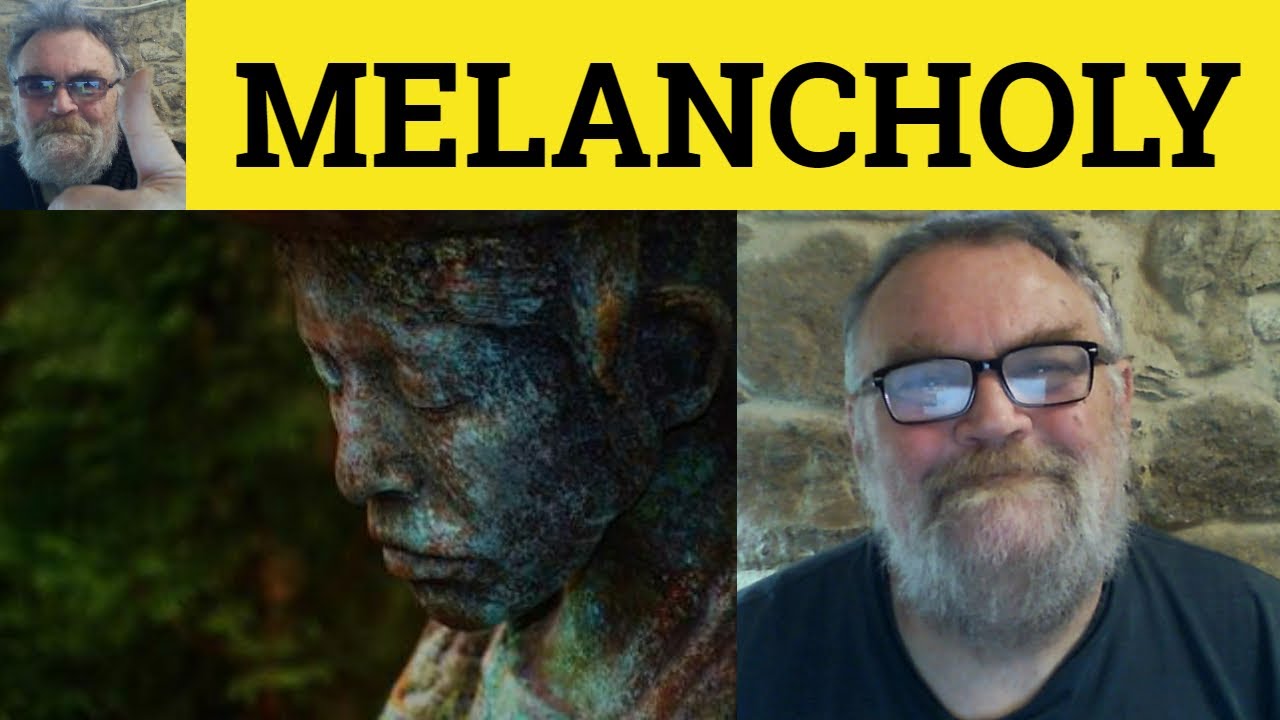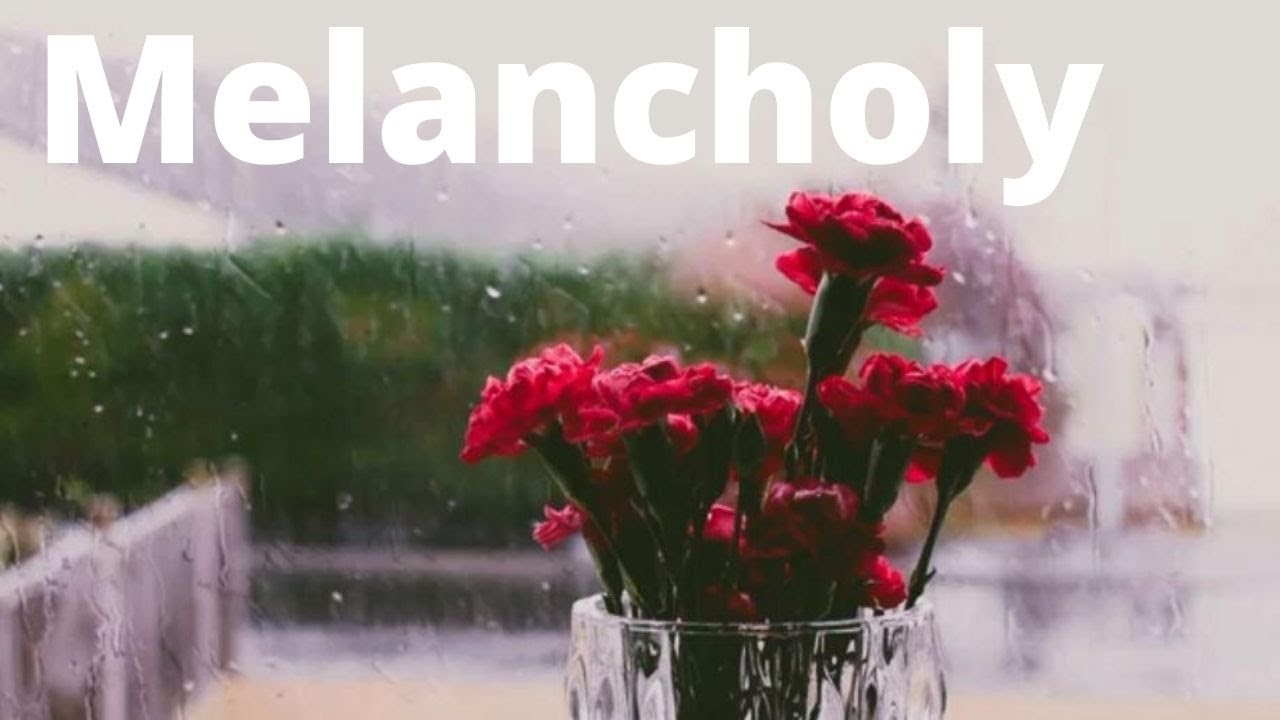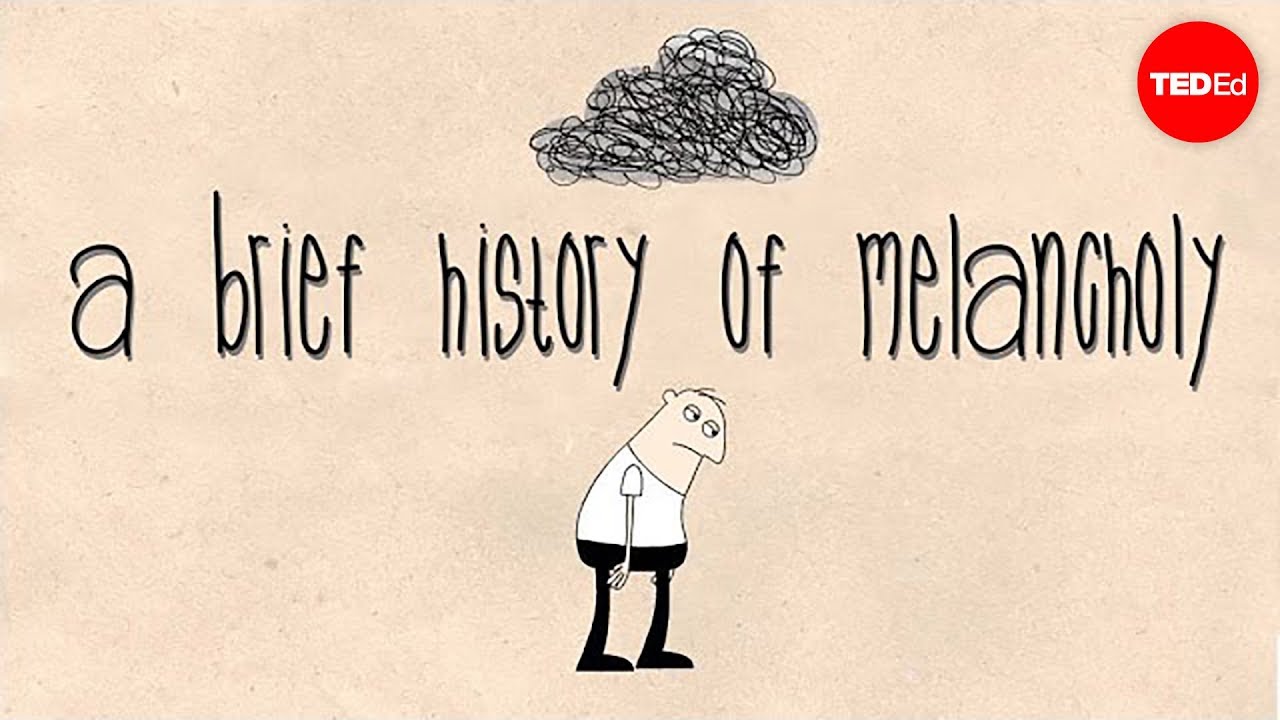
Understanding the Melancholy Definition: More Than Just Sadness
When we talk about the melancholy definition, it’s crucial to recognize that this emotion is often confused with simple sadness. While sadness may have a more immediate origin—like losing a loved one or facing a disappointment—melancholy digs deeper. Its roots trace back to the Greek terms “melas,” meaning black, and “chole,” meaning bile, which artistically equates to a complex emotional landscape.
This profound experience is not merely sadness; it wraps itself around thoughts of longing and introspection. It beckons individuals to reflect on life’s broader meanings, lingering like a soft shadow that quietly resides behind everyday joys. Melancholy whispers to our souls, encouraging us to examine our experiences and feelings more deeply.
Parents grappling with the pain of a child’s addiction or loss may find themselves deeply entrenched in melancholy. Often, this experience is not about a single moment but an ongoing battle of emotions. Understanding this can help in nurturing empathy towards oneself; after all, we’re navigating murky waters, and recognizing this complexity can help halt the rush to “just be happy.”

Top 5 Characteristics That Set Melancholy Apart from Sadness
Identifying the core traits of melancholy can not only help individuals articulate their feelings but also enhance personal well-being and relationships. Here are five distinct characteristics that highlight the differences:

Real-Life Examples That Embody Melancholy
Seeing how melancholy manifests in real life can shed light on its impact in various fields:
Literature
Music
Visual Arts

The Psychological and Cultural Perspectives of Melancholy
Examining melancholy through various lenses provides a richer context to this nuanced emotion.
Psychological Viewpoint
Psychologists have delved into melancholy’s ties to mental health. It’s important to note that while melancholy can lead to depressive states, acknowledging and processing this feeling often opens pathways to healing. For instance, narrative therapy encourages individuals to share their stories, allowing them to sift through feelings tied to melancholy, potentially leading to understanding and personal growth.
Cultural Narratives
Culturally, perceptions of melancholy differ significantly. In some Eastern philosophies, it’s embraced as a necessary phase for spiritual awakening—steering individuals toward deeper introspection and balance. Meanwhile, Western cultures often stigmatize these feelings, viewing them solely as adverse psychological symptoms rather than acknowledging their place in the emotional spectrum. At Mothers Against addiction, we provide support to parents, helping them navigate these feelings and understand the place they hold.

Embracing Melancholy in Today’s World
In a fast-paced society that clings to happiness, permitting ourselves to feel melancholy can be incredibly liberating. Engaging with this emotion enriches our understanding of ourselves and strengthens bonds with others.
Actively participating in activities such as journaling or art therapy can promote reflection. Finding refuge in nature often acts as an excellent companion for those wrestling with melancholy, allowing for a deeper connection to oneself. By recognizing the melancholy definition not as a burden but as an essential experience, individuals can find peace in these reflective moments.
In the journey towards emotional authenticity, embracing the full tapestry of feelings—melancholy included—opened dialogue fosters relationships filled with empathy and understanding. After all, life’s beauty is often hidden within the depths of our emotions, and we at Mothers Against Addiction honor this journey, offering compassion and support to all navigating through these emotional waters.
Ultimately, by welcoming all aspects of our emotional selves, we pave the way for resilience and tranquility—learning to live life fully, including all its shades of deep emotion.
Melancholy Definition: Is It More Than Just Sadness?
Understanding Melancholy
When we dive into the melancholy definition, it’s easy to confuse it with plain old sadness. But there’s more than meets the eye. Melancholy often carries a rich historical context, dating back to the ancient Greeks, who believed it stemmed from an imbalance of bodily fluids. Fun fact: some people find solace in the arts during melancholy times. Just like Lady Gaga’s portrayal of the Joker, art can capture deep emotions and resonate during those somber moments. There’s also a distinct way some cultures express this state of mind, highlighting the importance of cultural understanding, similar to how the cultural competence definition seeks to foster awareness of diverse perspectives.
Trivia to Brighten Your Mood
Oh, and here’s a little trivia to lighten things up—did you know that community initiatives often use art therapy to help folks navigate feelings of melancholy? Just like at community radiology centers, where innovative treatments are explored, the arts can be therapeutic. Moreover, some folks mistakenly think there’s a stigma attached to melancholy, but recognizing it as a natural part of the human experience can be freeing! For example, the crystal myth suggests that while we might seek out the next shiny thing to cure our sadness, sometimes reflecting on our feelings can do wonders.
Melancholy in Movies and Music
Melancholy isn’t just a personal journey; it’s played out on the big screen too! Take The Killer movie, for instance—its narrative doesn’t shy away from exploring darker emotions. Sometimes, understanding these cinematic expressions helps us confront our feelings. Speaking of connecting, many turn to brands like Ulta, offering everything from beauty products to pampering experiences. Even their ulta mastercard can help you indulge in a little self-care when you’re feeling down, proving that while melancholy is a shared experience, it can also lead to moments of warmth and self-love.
In this way, the melancholy definition becomes richer. It’s not just sadness; it encompasses a whole spectrum of emotions that shape our humanity and creativity, reminding us that it’s okay to embrace our feelings, however complex they might be.





























